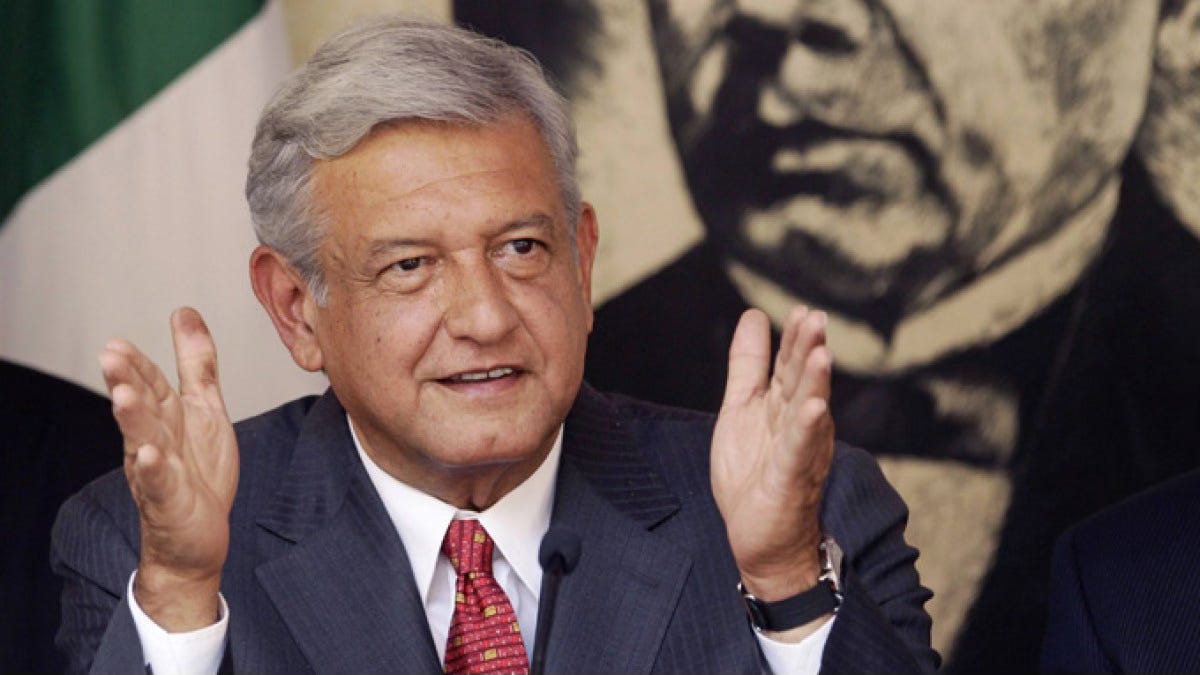What the Mexican Election means for the people of Mexico, and Latin America
The landslide victory, June 2, of the progressive presidential candidate Claudia Sheinbaum will have profound effects on Mexico and other Spanish-speaking countries.
Sheinbaum, had been the “Head of Government” of the 21-million population Mexico City, a prestigious position, from 2018 until 2023. The newly-elected, 62-year-old Sheinbaum is expected to continue the policies of Andrés Manuel López Obrador (AMLO) who fought the Mexican (and American) establishment through two dubious losing presidential campaigns before winning the six-year term in 2018. During AMLO’s six years as president, between five and nine million Mexicans were lifted out of poverty.
Sheinbaum shattered the old-boy’s glass ceiling by becoming the first woman president of Mexico in history. She is also the first Jewish president to be elected in the mainly Catholic country. In addition, she is the first scientist to gain the exalted position. As a climate scientist, she is expected to take global climate change much more seriously than in the past.
US Reaction – About what you would expect
US reaction, so far, has amounted to hand-wringing about the “poor” investors, and what possible ramifications that nationalization of certain natural resources would mean for them.
The Associated Press (AP), whose articles find their way into almost all daily newspapers, didn’t wait to whine. Its lead story was headlined, “Mexico awakes with joy, fear, market jitters to the first woman elected president…” (I’m sure those millions just out of poverty and the millions still mired in poverty are really worried about how the economic markets will take this.)

Even though AMLO leaves the economy in a strong position, with the Peso out performing the Dollar, and even though Sheinbaum won a landslide victory, even larger than AMLO’s six years ago, the AP is still worried. It goes on to say, “…despite widespread discontent with persistent cartel violence, the weakening of democratic institutions and fears among investors that an already hostile environment might become much worse.”
Once again, the AP is promoting the view of some investors who are more interested in looting the country than helping eliminate poverty completely.
US spokespeople have the habit of putting down other countries because they are not “democratic” enough. What they mean is that the target country is not friendly enough to US investors and policies. This is “capitalist democracy.” In fact, many of these targets, like Mexico, are promoting “peoples democracy,” for instance, reducing poverty, increasing employment, providing better schools and health care. Their goal is to make life better for poor and working class people, not the superrich, who run the US State Department, among other institutions, including non-governmental organizations (NGOs).
Lately, the US has had more difficulty in selling its democratic spiel, while at the same time blocking popular candidates from debates, making it extremely hard for candidates to qualify for the ballot, and otherwise reducing Americans’ choices to two geriatric white men with dubious criminal backgrounds.
The AP adds, “With words like ‘capital flight’ and ‘black Monday’ flying around financial markets, quick action to calm markets was urgently needed.”
The AP article stresses the imaginary divisions in Mexico that AMLO has caused, and those that Sheinbaum is likely to cause. Where were those divisions when Sheinbaum won her landslide victory on Sunday, and her Morena party won a supermajority in the legislature? She won 59 percent of the vote at press time, compared with the runner up, Xóchitl Gálvez, the well-funded conservative who only managed to attract 28 percent of the vote.
So Far from God, so Near the United States
Sheinbaum’s stunning victory will probably gain her entre to the growing number of leaders in the Global South movement. Mexico may join BRICS-plus, the economic collaborative that more and more countries are clamoring to join.
Mexico will likely become a role model for progressives and revolutionaries throughout South America. As the largest Spanish-speaking country, by far, a progressive Mexico will have a great deal of influence among the more than half a billion Spanish speakers. AMLO was not a fluke.
Since Mexico shares a border with the US, the possibility is great that there will be efforts to destablize Sheinbaum’s government. Of course, that can go both ways given the millions of Latinx in this country.
A subscription to The Left Coast can be obtained for $5/mo or $35/yr. Subscribe Now.




